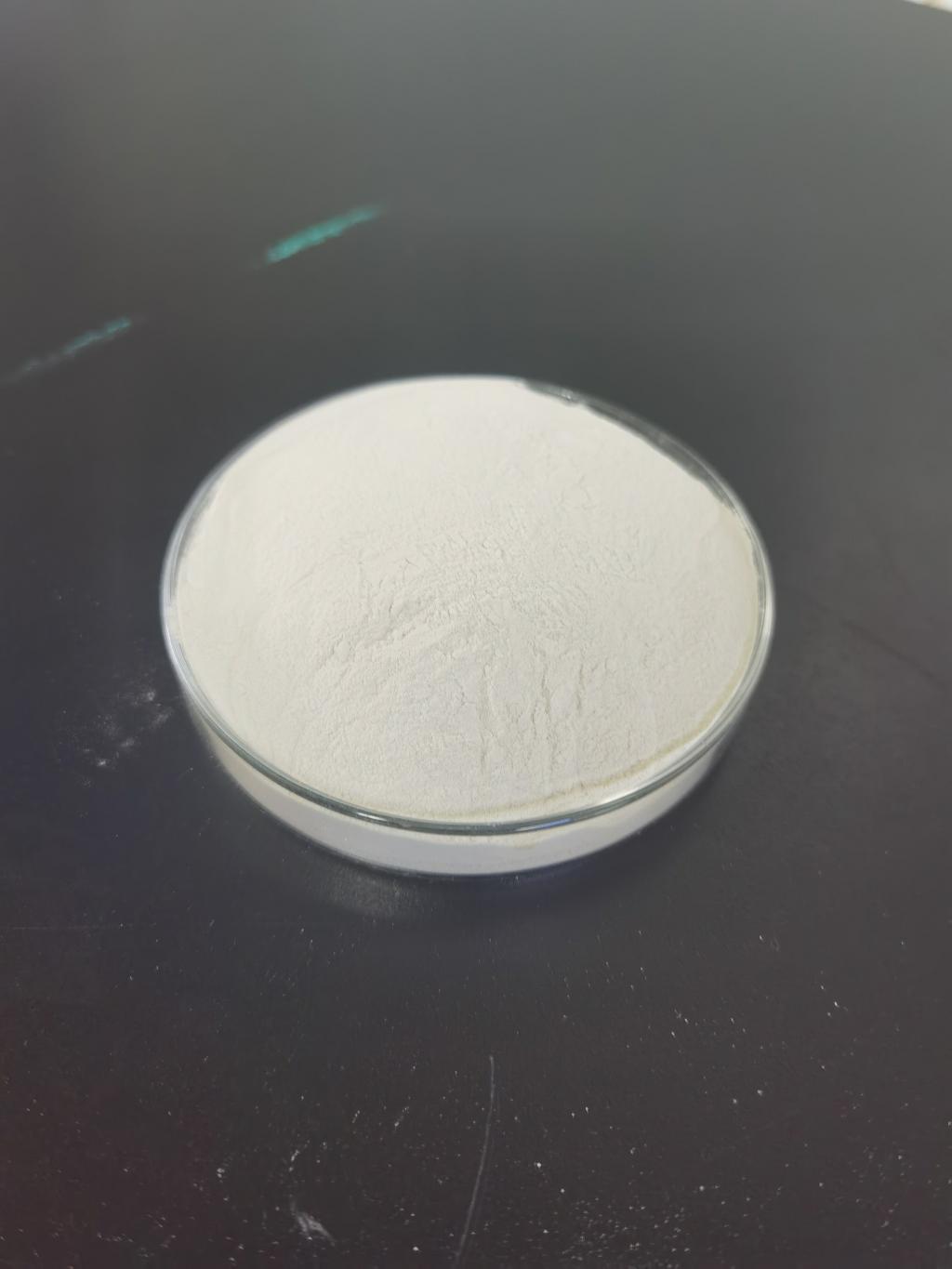Tel:+8618231198596

News
 CONTACT
CONTACT
 CONTACT
CONTACT
- Linkman:Linda Yao
- Tel: +8618231198596
- Email:linda.yao@dcpharma.cn
- Linkman:CHARLES.WANG
- Department:Overseas
- Tel: 0086 0311-85537378 0086 0311-85539701
News
Current Position:
Home >
News
>Nisin's potential in enhancing the safety of frozen and refrigerated food products.
Nisin's potential in enhancing the safety of frozen and refrigerated food products.
TIME:2023-08-25
Introduction:
Frozen and refrigerated food products are a staple in modern diets, providing convenience and access to a wide variety of foods year-round. However, these products are susceptible to microbial contamination, which can lead to spoilage, loss of quality, and even foodborne illnesses. Ensuring the safety of frozen and refrigerated foods is crucial for both consumer health and the food industry's reputation. Nisin, a natural antimicrobial peptide, holds significant potential in addressing these challenges and improving the safety and quality of these products.
Nisin: An Overview:
Nisin is a bacteriocin produced by certain strains of lactic acid bacteria, notably Lactococcus lactis. It has been recognized as safe for consumption by regulatory authorities such as the Food and Drug Administration (FDA) and the European Food Safety Authority (EFSA). Nisin's safety, coupled with its broad-spectrum antimicrobial activity against Gram-positive bacteria, makes it an attractive candidate for enhancing the safety of food products, particularly those that are stored under refrigerated or frozen conditions.
Controlling Microbial Growth:
One of the primary challenges in preserving frozen and refrigerated foods is preventing the growth of spoilage microorganisms and pathogens. Nisin's mechanism of action involves disrupting the integrity of bacterial cell membranes, leading to cell death. This property makes it highly effective against a wide range of Gram-positive bacteria that are commonly associated with food spoilage and contamination. By incorporating nisin into the formulation or packaging of frozen and refrigerated foods, manufacturers can significantly reduce the risk of microbial growth during storage and distribution.
Maintaining Product Quality and Texture:
Freezing and refrigeration can impact the quality and texture of food products. Freezing, in particular, can cause the formation of ice crystals, leading to cellular damage and changes in texture when the product is thawed. Nisin's ability to inhibit bacterial growth can indirectly contribute to maintaining product quality. By preventing the growth of spoilage bacteria, nisin helps to preserve the sensory attributes, texture, and nutritional content of frozen and refrigerated foods, ensuring that they remain appealing and enjoyable for consumers.
Extending Shelf Life:
The shelf life of frozen and refrigerated foods is determined by various factors, including microbial growth, enzymatic activity, and chemical reactions. Nisin's antimicrobial properties can extend the shelf life of these products by inhibiting the growth of spoilage microorganisms that contribute to deterioration. This extension in shelf life not only reduces food waste but also enhances the economic viability of these products for both manufacturers and consumers.
Applications in Frozen and Refrigerated Foods:
Frozen Ready-to-Eat Meals: Convenience foods like frozen pizzas, entrees, and prepared meals are popular choices, but they are prone to microbial contamination during storage. Incorporating nisin into the formulation can help maintain the safety and quality of these products.
Frozen Seafood and Meats: Seafood and meats are highly perishable and require stringent temperature control. Nisin can serve as an additional layer of protection against bacteria that can thrive at low temperatures, preserving the freshness and safety of these products.
Dairy Products: Dairy items like frozen yogurt and ice cream can be susceptible to spoilage by lactic acid bacteria. Nisin's specific activity against these bacteria can enhance the shelf life of these products and prevent undesirable flavor changes.
Refrigerated Deli Items: Deli meats, cheeses, and salads are commonly stored in refrigerated sections. Nisin's incorporation can prevent the growth of bacteria that lead to spoilage, helping to maintain the safety and appeal of these foods.
Regulatory and Consumer Acceptance:
The regulatory approval and consumer acceptance of nisin as a food preservative are crucial considerations. Fortunately, nisin has a history of safe use in food products and is generally recognized as safe (GRAS). This regulatory status, along with its natural origin, can facilitate its adoption in the food industry without raising significant concerns among consumers.
Challenges and Future Directions:
While nisin shows great promise in enhancing the safety of frozen and refrigerated foods, there are challenges to address. These include optimizing its formulation for specific food matrices, ensuring consistent distribution, and understanding potential interactions with other food components. Continued research and collaboration between food scientists, microbiologists, and industry professionals will be essential to fully unlock the potential of nisin in this context.
Conclusion:
Nisin's antimicrobial properties make it a valuable tool in enhancing the safety and quality of frozen and refrigerated food products. By inhibiting the growth of spoilage microorganisms and pathogens, nisin helps extend shelf life, maintain product integrity, and reduce the risk of foodborne illnesses. As the demand for safe and convenient food options continues to grow, nisin's application in frozen and refrigerated foods can play a pivotal role in ensuring that these products reach consumers in a safe and appealing condition, contributing to a more sustainable and secure food supply.
- Tel:+8618231198596
- Whatsapp:18231198596
- Chat With Skype







